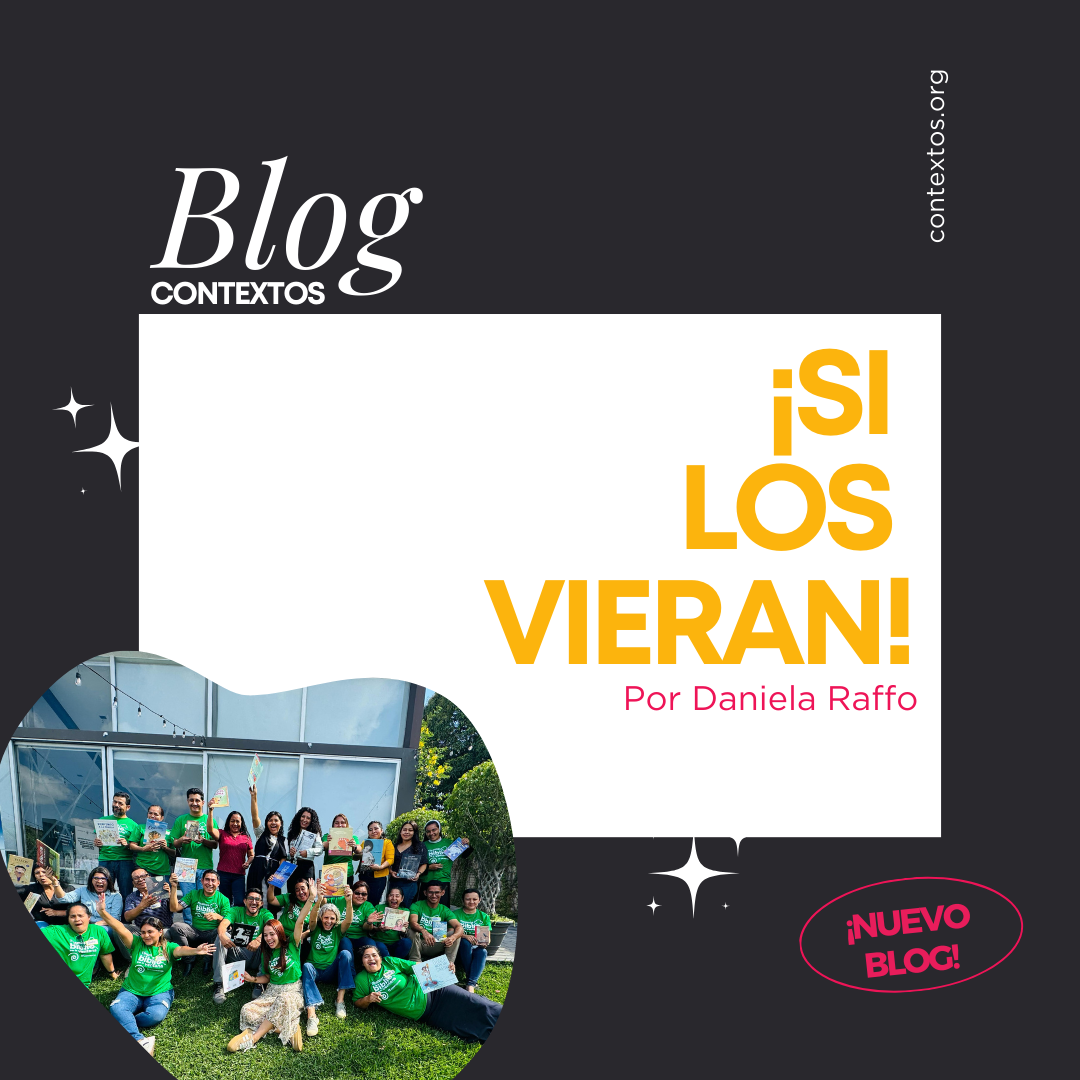May 25, 2015 by ConTextos
ROMERO AS A BEACON
I´ve spent the last couple weeks trying to think of «Something Important to Say» taking advantage of the beatification of Romero to bring attention to ConTextos’ work in El Salvador. Below is a first draft that the NYTimes didn’t accept. Better said, I sent it twice hoping that the subject area would draw their attention… that ConTextos’ would draw their attention.I’m not giving up on an OpEd– between the NYTimes, LATimes, and Chicago Tribune, I’ll be trying constantly to get our voices heard. And I’m convinced of the opinion I want to convey: We MUST invest in working directly with gang members. We can’t only focus on prevention, but rehabilitation, too.So here’s my first draft. I’ll be writing and rewriting so I certainly hope someone is reading this to give me some good feedback…
– – –
On May 23, El Salvador’s martyred priest, Archbishop Oscar Romero, will be beatified. Romero was assassinated in 1980, yet, even as we honor his legacy, the country is steeped in trauma and lacking resolve. Today, El Salvador is just as violent—or even more so—than during the country’s catastrophic 12 year civil war.
So far this month, El Salvador, a country of just six million, averages 21 murders per day. In March, El Salvador became the most violent peacetime nation in the world with 481 murders in just 30 days. That’s more than in New York City in all of 2014.
To confront the pervasive gang violence behind these staggering statistics, local government has put more soldiers in the streets. They’ve created additional, temporary prisons; in El Salvador there are cells for 8,490 inmates but over 28,000 imprisoned. An increase in violence-prevention programs, many funded by the US Government, provide extracurricular activities and safe spaces exclusively to young people not identified with gangs. But these approaches only perpetuate the problem.
In a country with 70,000 gangsters, most of who are under twenty years old, it is imperative not just to prevent or prosecute, but also to rehabilitate. That means working directly with gang-affiliated youth in and out of the justice system.
Last year, ConTextos, the educational organization I founded in 2010, began implementing intensive writing programs with gang members in prisons and juvenile detention centers. The participants developed skills to enter the work force, but also—and perhaps more importantly—to navigate the trauma the trauma they’ve experienced, and begin to heal.
When we started the program, our staff threatened to quit. Today, just like during the war, Salvadoran society is deeply divided; only now, instead of a clear enemy of ideology, general fear and mistrust permeate everything. The gangs have a reputation as merciless and cruel, and prisons are presumed to be the center of their domestic and cross-border organizing. Our staff, like many in El Salvador, had no empathy for those we were about to serve.
However, we soon realized that we weren’t working with gangs, but with people. Like Alex, who—with his face completely tattooed—tried to reform himself when he became a father at 15-years old. But he couldn’t escape the gang, and will spend his entire life in prison.
Or Xiomara, who wrote about her pregnancy, and how much she loved the feeling of her son growing inside her. And, how she made terrible choices as a teen-mom to put food on her son’s plate.
Or Javier, who grew up in the USA and spent his teen years, like me, in Chicago.
Or Jose, who started working at 12-years-old when his single mom couldn’t afford to replace the roof on their tin shack home.
Now, ConTextos works with these juvenile offenders. Like the adults in prison, they had never before written for expression. None of them had ever read a book. The juvenile offenders have never experienced war but only know conflict; these young people were excluded from society even before they became violent.
It’s not easy for traumatized, stigmatized adolescents to write their stories. They get frustrated. They get sad. They get angry. And, always, deep within they are scared. But they continue to come to class to write—and rewrite—their stories. They read them aloud and share their experiences. They give feedback to their peers and build empathy for others, realizing for the first time in their lives that the expression of feelings – of vulnerability – is not weakness; rather, it is real strength.
Many of these young people got involved in gang activity at 12 or 10 or even as young as eight years old. Some will stay in juvie until they enter the adult system. But many will leave and reenter society. For the first time in their lives, they will have a positive skill – understanding and comprehension of the written word – to deploy as a tool of self-empowerment to take a different path. It will be tough. These are not yet stories with happy endings. But, for at least some of these kids, there will be promising beginnings.
ConTextos’ work with gangs is unusual. Locally, many people shun gang members. After all, in a country ravaged by poverty and need, how can we justify providing services to criminals? United States’ directive about working with known criminals is unclear, thus many organizations simply avoid working with gang members. But if we ever hope to achieve the peace that Monseñor Romero dreamed of, more programs must directly work the target population: active gang members.
Salvadoran gangs aren’t just a Salvadoran problem. These transnational gangs are cited as the cause of the 70,000 child migrants seeking refuge in 2014 at the US border. The gangs are major players in the international drug trade and human trafficking. They are perhaps the main reason that the Northern Triangle Countries El Salvador, Guatemala and Honduras—some of the closest neighbors to the USA—are now the most violent countries in the world.
Earlier this year, Vice-President Joe Biden requested $1 billion from Congress to confront the security problem in Central America. To be effective, that money must go beyond law enforcement and border security. It will take at least a generation before real, sustainable peace takes root in El Salvador. And that is only if he US government—along with individual donors and foundations—must investment in the most potent weapon possible to fight generational violence: education.
Debra Gittler
Founder and Executive Director
ConTextos
Recent Posts

¡Si los vieran!
Por Daniela Raffo ¡Si los vieran! Bailando, sentados en el piso, poniéndose de acuerdo en qué libros usar o qué actividad hacer. ¡Si las vieran!…

¿Me puede contar una historia?
“Había una niña que empezó, acá, en la escuela desde parvularia. Ella se llevaba libros a su casa y en una libreta dibujaba la mejor escena…

Los libros que viajan con Luz
Por Laura Flores Es de mañana, un día cualquiera en Jocoaitique, departamento de Morazán. Luz mira cómo una señora mayor llegar a la biblioteca, toma…


